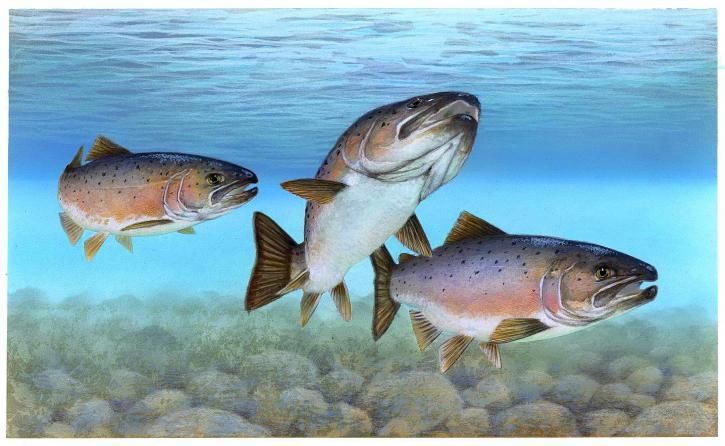Japanese, Land-based Salmon Farm to Use Bacteria to Clean Water
Published on by Water Network Research, Official research team of The Water Network in Technology
FRD Japan plans on building a plant in Saitama, a mountainous area near Tokyo, that will employ a patented technology that involves using bacteria to clean the water and save on the use of energy-sucking cleaning systems.

Representative image, Salmon, Source: Pixnio, Public Domain
The bacteria consumes the ammonia produced by the fish and dissolves nitric acid, according to the article.
The plant is expected to produce 1,500 metric tons of sushi per year by 2020, according to the news service. It’s more immediate goal is to have 30t per year produced at a pilot facility in Chiba, also near Tokyo, by July. The facility completed a test run in 2017, producing a ton of salmon, which was sold to a major supermarket in Tokyo.
FRD won’t have the first land-based salmon plant in Japan. The country has other smaller land-based plants, too the article notes. And Japanese seafood giant Maruha Nichiro built a plant in 2017, according to AFP.
Read full article: Undercurrent News
Media
Taxonomy
- Bacteria
- Treatment
- Treatment Methods
- Biological Treatment
- Biological Treatment
- Microbiology
- water treatment